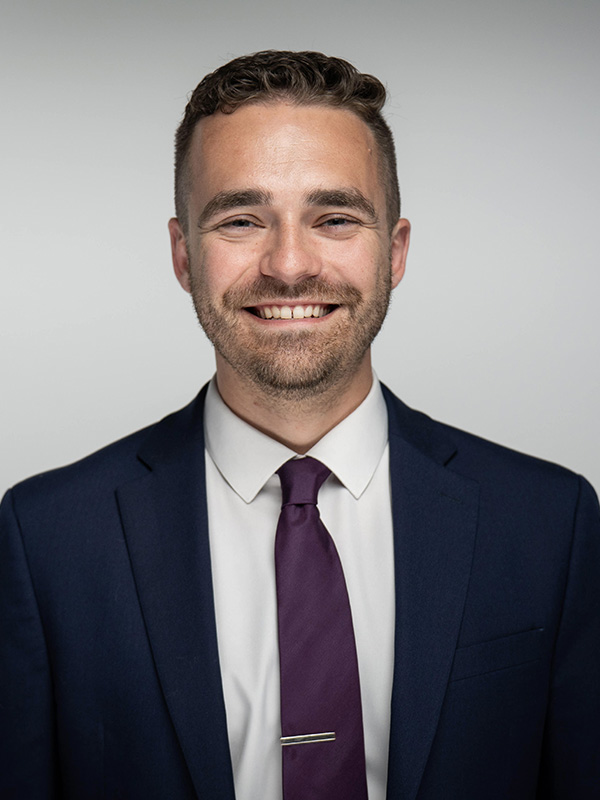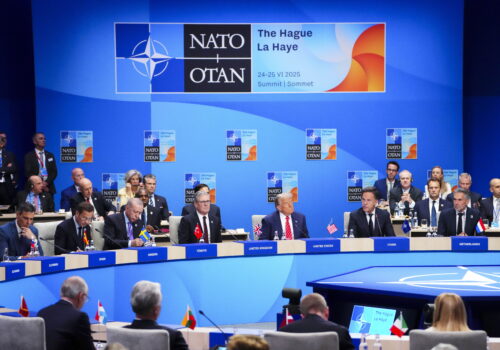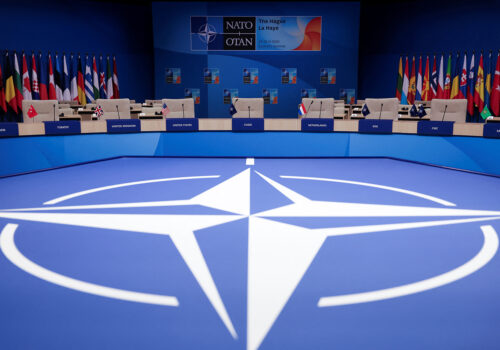All Content
Ryan Arick is a nonresident fellow with the Transatlantic Security Initiative at the Atlantic Council’s Scowcroft Center for Strategy and Security. Previously, Arick served as the associate director of the initiative, where he led efforts to strengthen NATO to address security threats from around the world.
Previously, Arick was an assistant program officer with the International Forum for Democratic Studies at the National Endowment for Democracy. Prior to joining the International Forum for Democratic Studies, he worked with the National Democratic Institute’s Central and Eastern Europe division.
His research interests include transatlantic security and NATO defense policy; arms control, disarmament, and nonproliferation; democratic resilience from foreign malign influence; and state fragility and conflict prevention.
Arick is a master of international affairs candidate at Columbia University’s School of International and Public Affairs where his research focuses on international security, global politics, and diplomacy. He graduated magna cum laude with a bachelor of science in public affairs from Indiana University Bloomington.



